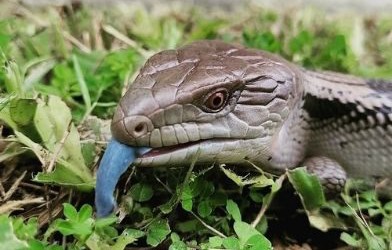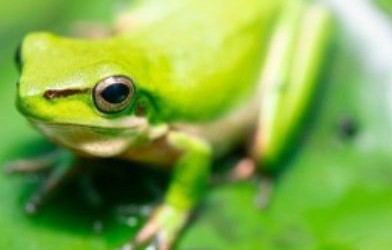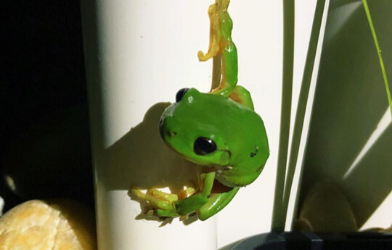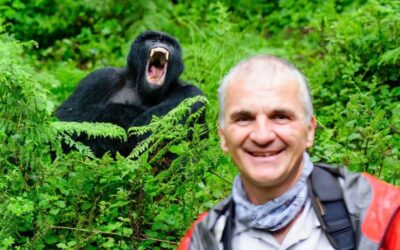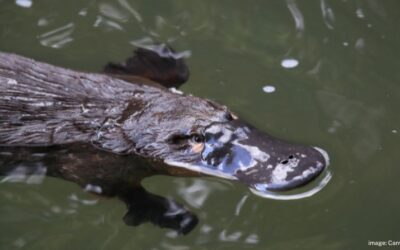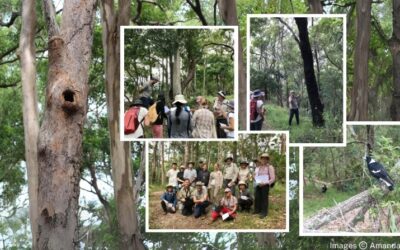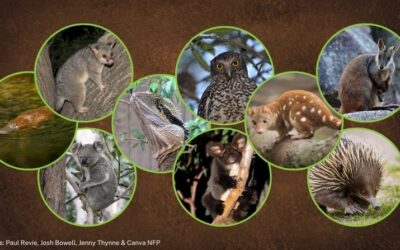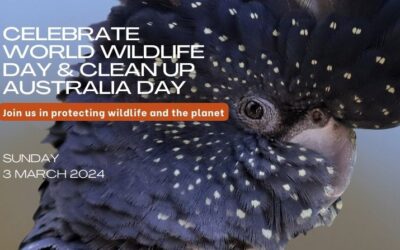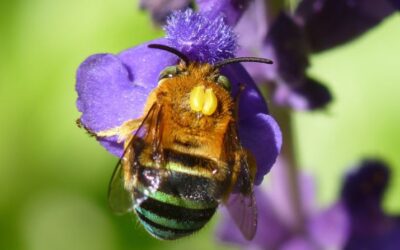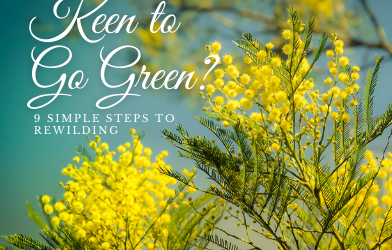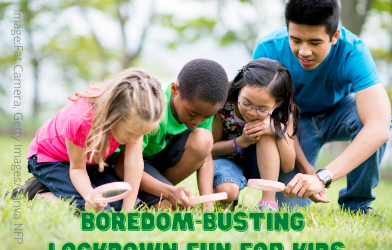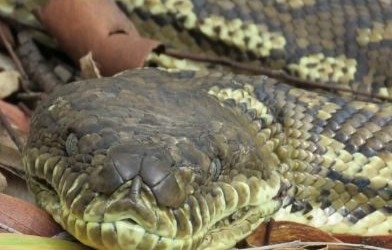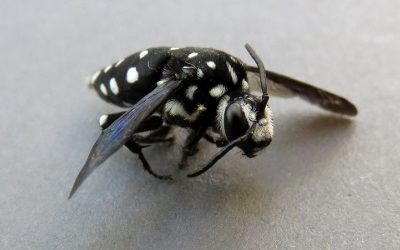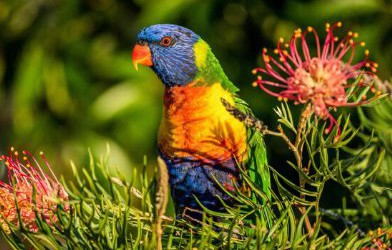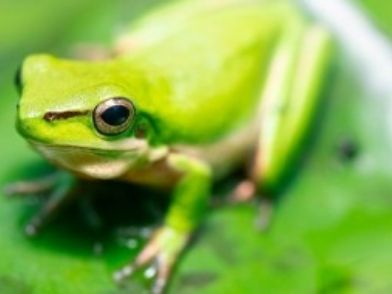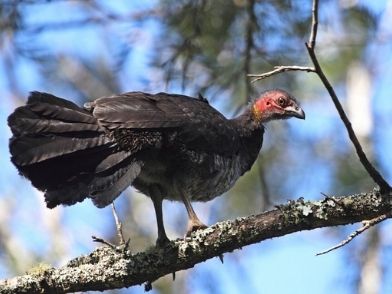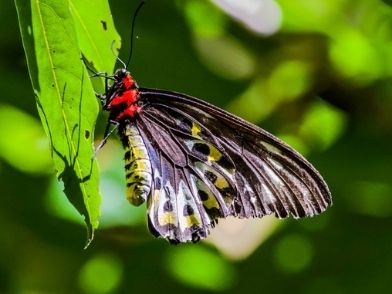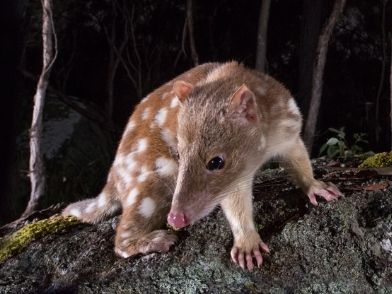Wildlife Blog
© Canva NFP
Featured blogs
How to convert a corner garden into a wildlife wonderland
Attract wildlife to your garden with this step-by-step guide to converting a corner garden into a wildlife wonderland.
How to build a frog pond
Frogs are disappearing from our backyards for many reasons, mainly from lack of water in which to breed, the overuse of pesticides and the cultivation of gardens. Find out how you can easily and inexpensively build a frog pond in your garden and bring those croaky night sounds back.
How to build a frog hotel
Frog hotels are a great way to encourage more frogs to visit your garden while giving them a safe space to live in.
Latest blogs
A day in the life of an ecologist: Swapping the office for the rainforest
In our latest Wildlife Blog, Wildlife Queensland’s Communications Officer, Wenda Shurety, trades her keyboard for hiking boots to experience a day in the life of an ecologist.
The power of nature photography: An interview with Michael Snedic
Wildlife Queensland recently caught up with renowned Australian wildlife and nature photographer and tutor, Michael Snedic, to chat about his inspiring experiences in the field, his thoughts on the future of nature photography, and tips for budding photographers.
Top platypus-spotting tips
Despite their distinctive appearance with a duck-like bill, webbed feet and thick tail, spotting a platypus in the wild can be quite challenging due to their elusive nature. Increase your platypus-spotting success with these top tips.
5 fascinating facts about Australia’s iconic eucalypts
Eucalypts, those quintessentially Aussie trees, are a true-blue symbol of our land. With approximately 900 species of eucalypt on the planet, almost all of which are native to Australia, it’s no wonder they have their own national day on 23 March!
Who’s visiting your backyard? Identifying wildlife from their scat
Whether you’re in your backyard, exploring a park, or hiking through the bush, do you ever wonder what wildlife species are nearby? Even when wildlife isn’t readily visible, they often leave subtle traces of their presence. One such clue that nature leaves behind is scat, the faeces of animals.
Connecting people and planet on World Wildlife Day
On Sunday 3 March 2024, join us in celebrating Queensland’s incredible biodiversity and taking action to protect it. From wildlife conservation events to community clean-up efforts, there are plenty of opportunities to get involved and make a difference.
Attracting native bees in South East Queensland: Plant selection guide
Establishing a bee-friendly garden or balcony is a fantastic way to aid the environment and bolster the survival of native bees and other essential pollinators. Explore our list of bee-attracting plants.
Keen to Go Green?
Many nature-lovers who attend Wildlife Queensland’s webinars, meetings or workshops express enthusiasm for revegetating their properties with native flora. Here are 9 simple steps to getting started with your rewilding project.
Boredom-busting Wildlife-themed Activities for Kids
Parents juggling work and homeschooling are probably already experiencing lockdown loopiness (who isn’t?), so we’ve put together some fun backyard activities, simple colouring-in activities, and wildlife-themed craft ideas to help kids ‘keep the wild alive’ during lockdown.
Living with snakes
Snakes are undoubtedly the most fascinating of our vertebrate animals. Whilst only a very small percentage of people look at snakes with affection, everyone has a story, myth or opinion on them. People are amazed by snakes, whether because of their connections to the biblical serpents, their unique lifestyle or that some species can kill with deadly poisons.
Bringing Pollinators Back to our Cities
Pollinator Link® members Jake Slinger and Michael Fox discuss how a new citizen science project will help urban residents create wildlife-friendly gardens to benefit pollinators.
Feeding wild birds in Australia
Bird feeding is an increasingly popular activity but is it a good idea? Wildlife Queensland recently caught up with urban ecologist and pioneering researcher in bird feeding, Professor Darryl Jones, to chat about this somewhat contentious subject.

